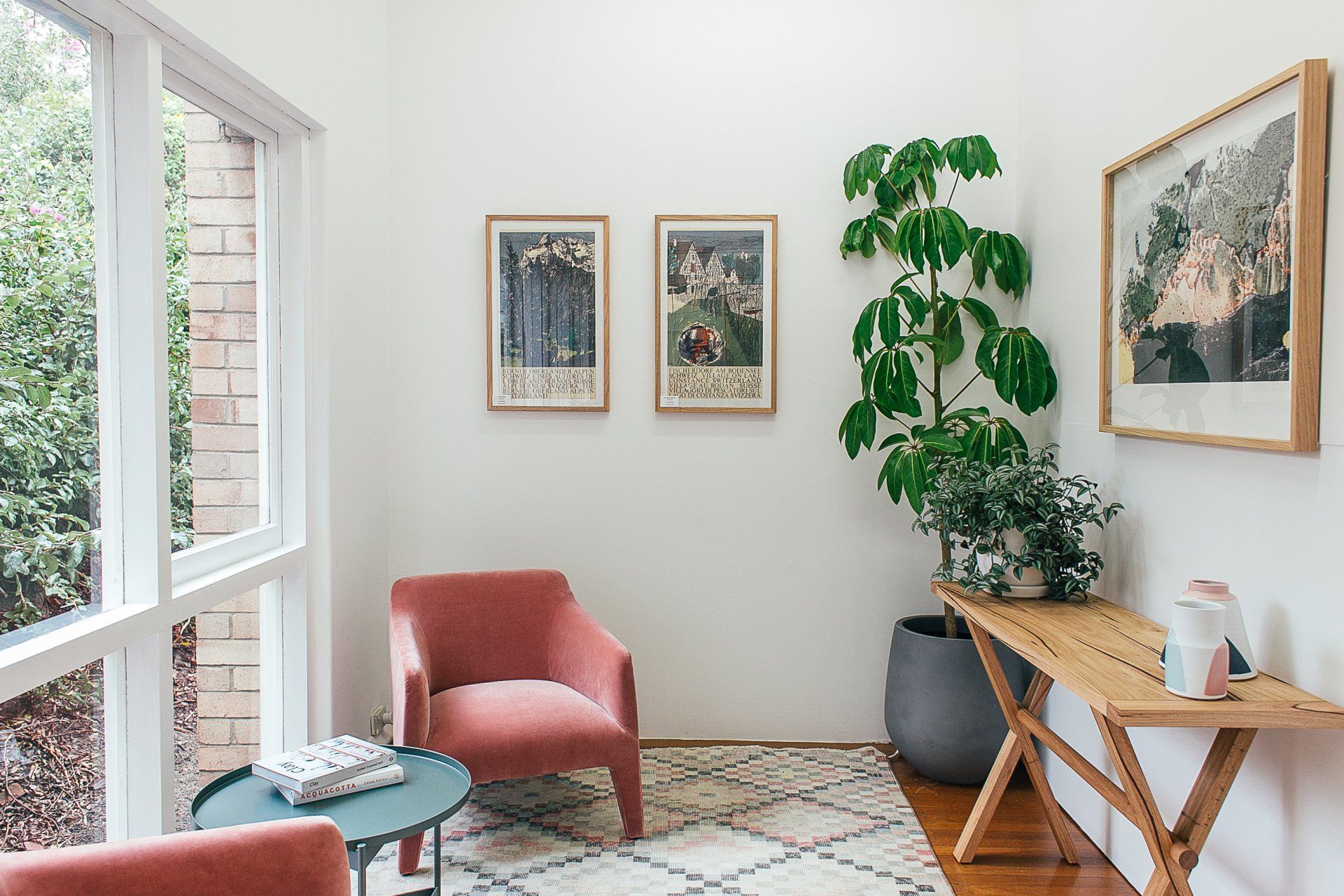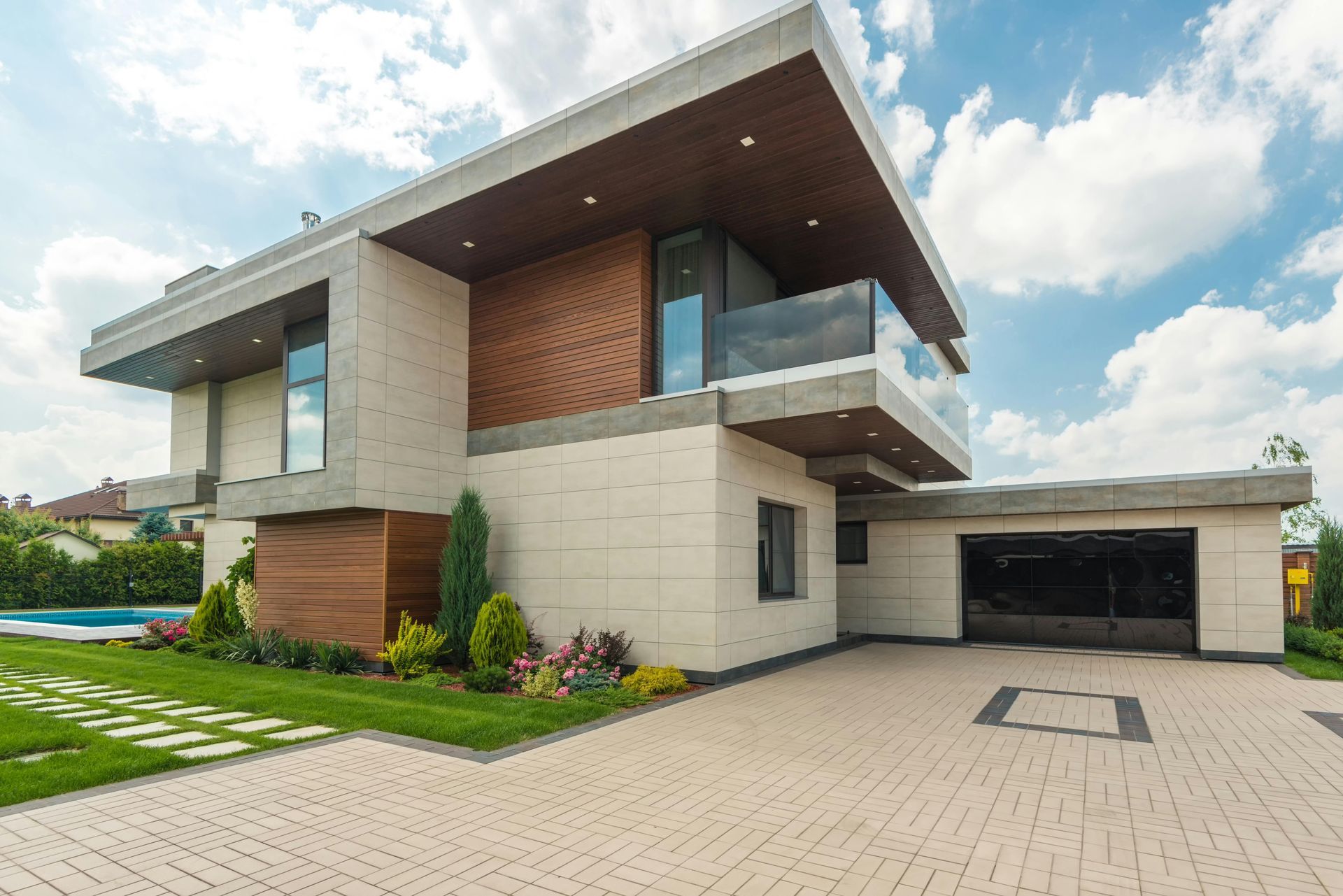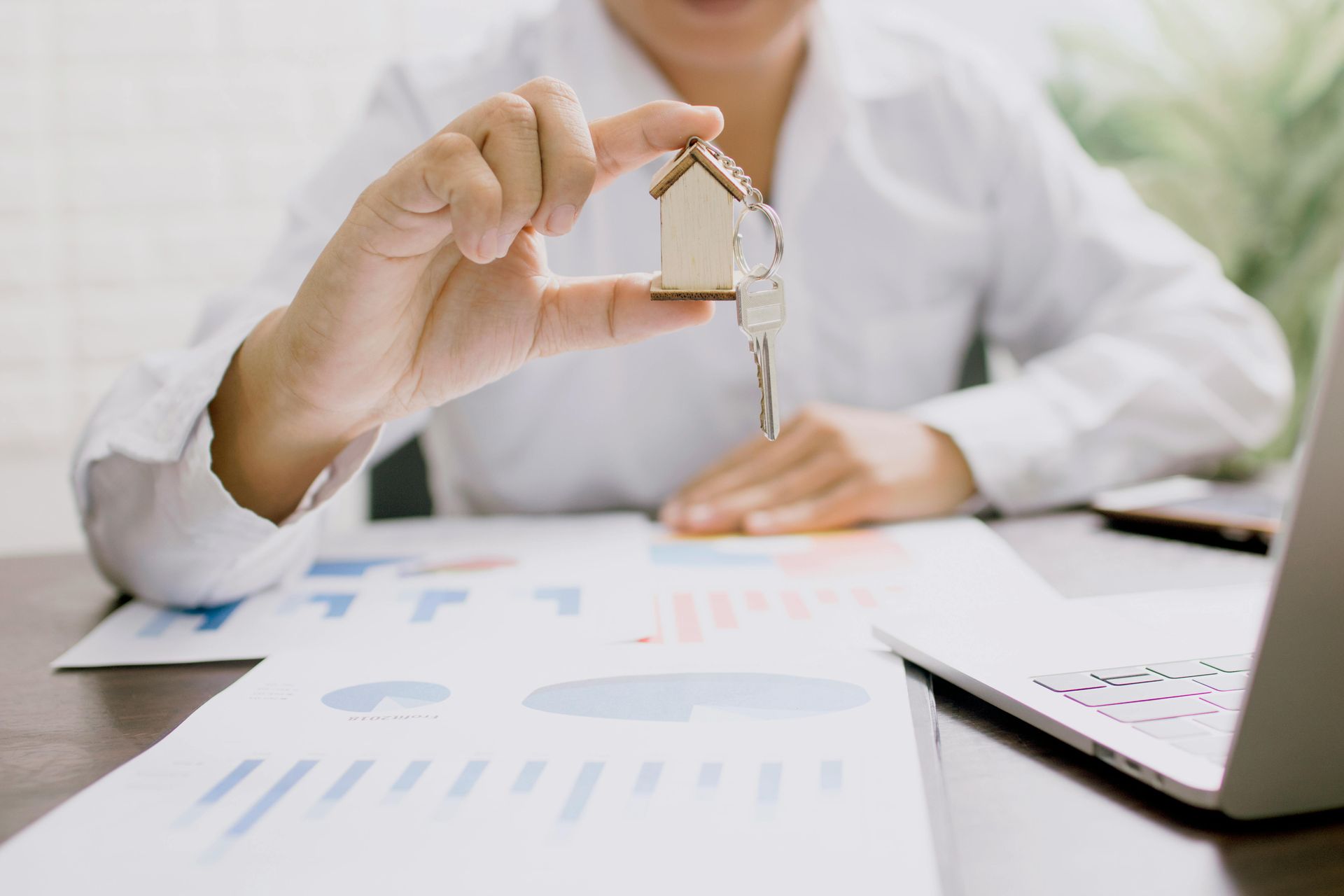Gabbi knew that real estate was the right career from the start. She is now dual licensed in both Kentucky and Ohio. She had her first sale within a month of getting licensed and hit her first million in volume within her first 6 months. She will have her real estate license for the rest of her life. Call her anytime if you have questions about becoming a real estate agent. She loves to share her passion for real estate with others!
- Get a License
-
Post-License
Post-License Courses
- Reciprocity
- Managing Broker
- CE
- Exam Prep
- Get a License
-
Post-License
Post-License Courses
- Reciprocity
- Managing Broker
- CE
- Exam Prep
Cost-Saving Tips for Buying Your First Home

Buying your first home is an investment. Generally, like any other investment, the earlier you put the money in, the better. It’s a way to build generational wealth for you and your family. As you pay down your principal, you build equity, which can help you increase your net worth. Often, your home also appreciates over time so that when you sell you get a larger return on your investment. With small repairs and a new paint job right before hitting the market, you can make out with more than you’d get in traditional stock market returns. Everyone must live somewhere, why not make money in the process?
As a Realtor, I’ve become accustomed to the house buying process. What I’ve learned from many transactions ranging from $30,000 to $625,000 is that every purchase is completely different from the next. There are different hurdles to overcome, different versions of loans, different preferences, and different people to deal with each time. There is no right or wrong way to purchase a home.
Today, I am going to go through the money-saving tips that I have picked up through my experiences as an agent. Some of these tips may be applicable for you to use. Buying a home is extremely personal, it all depends on your finances and goals.
Cost-saving tips when buying your first home:
- FHA Loans/Grants
- Credit Scores
- Closing Costs
- Cosmetic Fixer Upper
- Low Tax Areas
- Furnishings
- Rent a Room
- Representing Yourself
FHA Loans/Grants
You won’t know what’s out there and how it could benefit you until you roll up your sleeves and try to look for loans or grants. If you can obtain an FHA loan, you save money on your initial down payment which is reduced to 3.5% down. You also get more flexibility on your credit score; you can qualify for a loan with a credit score of 580 or more. To obtain a conventional loan, you are usually required to have a credit score of 620 or more. The biggest advantage of an FHA loan is that the interest rate charged on the mortgage is the same if your credit score meets the minimum requirement. FHA loans allow people who have had issues in the past to take advantage of a competitive interest rate.
Once you decide to buy a house you need to do your research! Look up your city’s FHA Down Payment Grants for 2021 and see if you qualify. Call multiple loan officers and see if they have grants that are available. For example, I’ve been looking up programs in Ohio and I found one that will give you between 2.5-5% of the loan amount that can be applied towards closing costs, down payment, or any other pre-closing expenses. This amount does not need to be paid back if you keep the home under the same ownership for 7 years. I will link more information to this specific program here.
Credit Scores
Your credit becomes a vital part of achieving success as an adult. Why? Because it allows you to borrow money at a cheaper rate than others. If you can leverage borrowed cash to make a profit for yourself, you have more opportunities. Bad credit can put limitations on your net worth growth potential right from the start. How can you avoid this? Open credit cards that have a reasonable credit limit, spend between 20-40% of the credit limit each month, then pay off the credit card before it’s due. Keep track of everything you spend and don’t spend money you don’t have.
Closing Costs
Closing costs are usually 3% of the purchase price. If you’d like to read more about what’s included in typical closing costs, read this article from the Career Corner that explains everything you need to know here. Here are some ways that you can lower your closing costs.
- Sharing closing costs with the seller. When writing a purchase contract, you can write in that the closing costs are to be paid by the seller. This amount will be taken out of the purchase price that goes to the seller. It can be a good way to alleviate the buyer from having to bring a lot of cash to the closing table. The seller must sign off on this, and they always have the option to take the line out of the purchase contract.
- Negotiate. Different lenders have different fees and expenses. Make sure, when you are meeting with different lenders, that you are negotiating terms and weighing your options before you choose your lender. Through my experiences with lenders, I have seen them make mistakes or push closing and then give cashback to the buyer through discounted closing costs.
Cosmetic Fixer Upper
If you want to save money when buying your first home, cut costs by purchasing a structurally sound property that needs cosmetic upgrades. What do I mean by that? Pick a house that has a strong foundation but needs new paint and fresh carpet. This helps you save money because it’ll be less competitive for you. After all, other buyers might want something more move-in ready. It’ll also save you money because instead of paying a price premium, you’ll be paying in “sweat equity.” What you saved in cash you are making up for in time and effort by physically upgrading your house. If this sounds like it’s in your wheelhouse, I’d say go for it.
Low Tax Areas
When you begin house hunting, you are going to find that different areas at the same price can have extremely different monthly payments. This is because the taxes can be higher or lower depending on the local government. If you want to cut costs from the jump, consider living in an area that is up and coming. You can also try looking at areas that are right outside the more popular locations. To find out what a specific home’s taxes, ask your loan officer or go to your local county audit website. The loan officer will be your best bet to map out a tax-friendly area for you because they are constantly running numbers for clients to estimate their down payments.
Furnishings
There are so many great ways to get your hands on in-style furniture without paying a huge price tag. To start, I would map out a list of things that you need and then things that you want. There is a big difference. Then, begin a budget for yourself. It’s okay to splurge on some big items like an area rug or bedspread but try to be creative with the other furnishings by shopping for used items. There are so many local thrift stores that you’ve probably never been to. Facebook Marketplace is also a great place to find cheap home décor and you can negotiate down the price. Buying used furniture is better for your wallet and better for the planet so it’s a win-win.
Rent a Room
If you are buying a home with a spare bedroom rent it out for cheap. Renting one room is going to free up some extra cash to make repairs or help you build liquidity. Things will inevitably go wrong when you are a homeowner. The best thing you can do is try to be prepared when it does go wrong.
Representing Yourself
If you have a passion for real estate, you should consider researching how much it costs to become an agent. In some states, it’s incredibly reasonable. Representing yourself in a transaction means you get a part of the pie. The listing agent is still going to pay you the 3% that you would get in a normal transaction when representing the buyer. If you know you are going to buy a property in the next year or two, or know you are going to get into real estate investing, getting your license could save you tons of money. Maybe you even pick up a few clients and use real estate as a side hustle. If you are interested in learning more about real estate as a side hustle, read our blog that outlines the different ways you can use real estate to make additional income here.
Use all this information to your advantage when it’s your turn to buy a house. There is no one way to do this, so just keep asking questions and try to learn as much as you can. The good part is that you are already putting yourself in a good position by reading this article. Keep up the great work!
About the Author
Recent Posts








Let's Stay Connected
Want to join the prec community?
Join our mailing list!
All Rights Reserved | Perry Real Estate College | Site by Fix8




